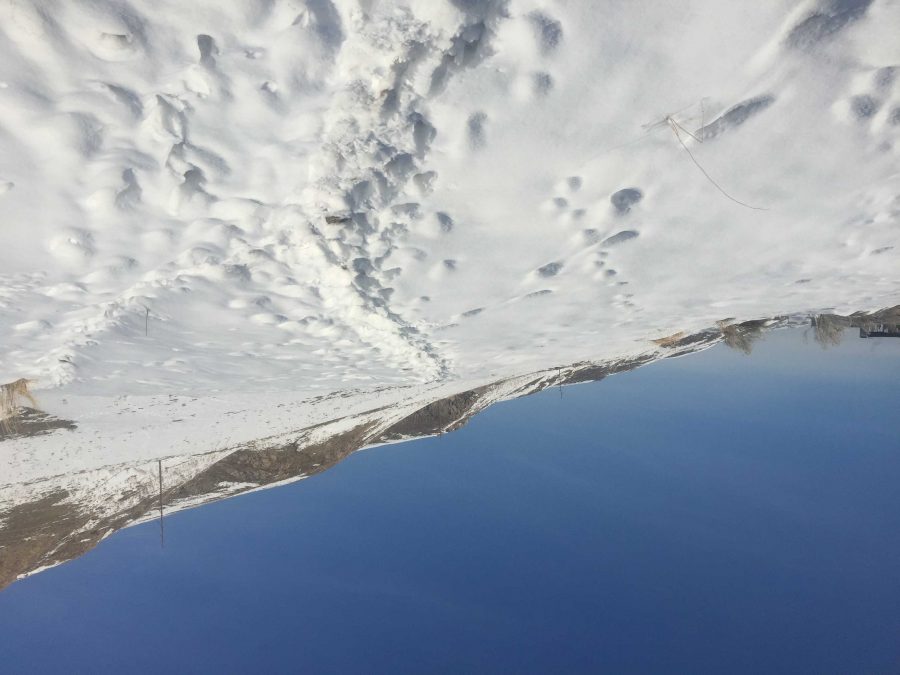Fresh air clears the mind, but can it heal it? A group of researchers at the U have set out to find the answer by examining nature’s effects on veterans and their families.
The study will focus primarily on the “stress reducing effects” of nature, said Daniel Dustin, a professor in the Department of Parks, Recreation and Tourism.
Veterans with post-traumatic stress disorder (PTSD) will engage in a series of outdoor activities, as will the families of military members. Most of the attention will be focused on those who have recently returned from duty, but the study could potentially include active duty personnel. No age limit will be imposed. Subjects could range in age from Vietnam-era veterans to present day enlisted.
The idea for the study came after Dustin hosted a three-day conference in Sept. 2014, which looked at nature’s healing effects on veterans. A number of representatives from various nonprofit organizations attended, including two from the Kendeda Fund, a private foundation that “invests in transformative leaders and ideas.” The foundation asked Dustin and Kelly Bricker, also with the Department of Parks, Recreation and Tourism, to submit a proposal for research.
The U later received a $750,000 grant from the Kendeda Fund to study the idea. The research committee includes Dustin and Bricker as well as other U faculty from various departments, such as Family and Consumer Sciences. The group is currently designing a research agenda that includes personal interviews, surveys and photos, to be implemented in late summer or early fall.
At the end of the three-year study, Dustin will hold another symposium to share the findings with others. The researchers also plan to apply their study to serve student veterans.
“In the end,” Bricker said, “we hope to move along the evidence that a walk in the park might replace or greatly reduce the need for pills.”
@sarahnlegg


